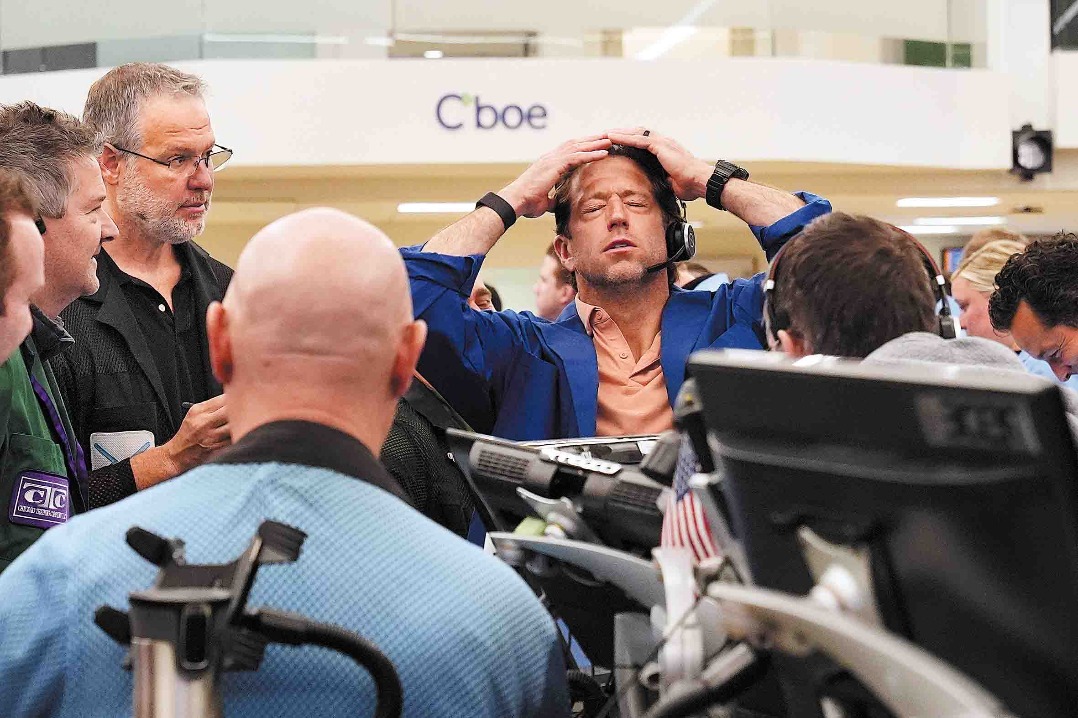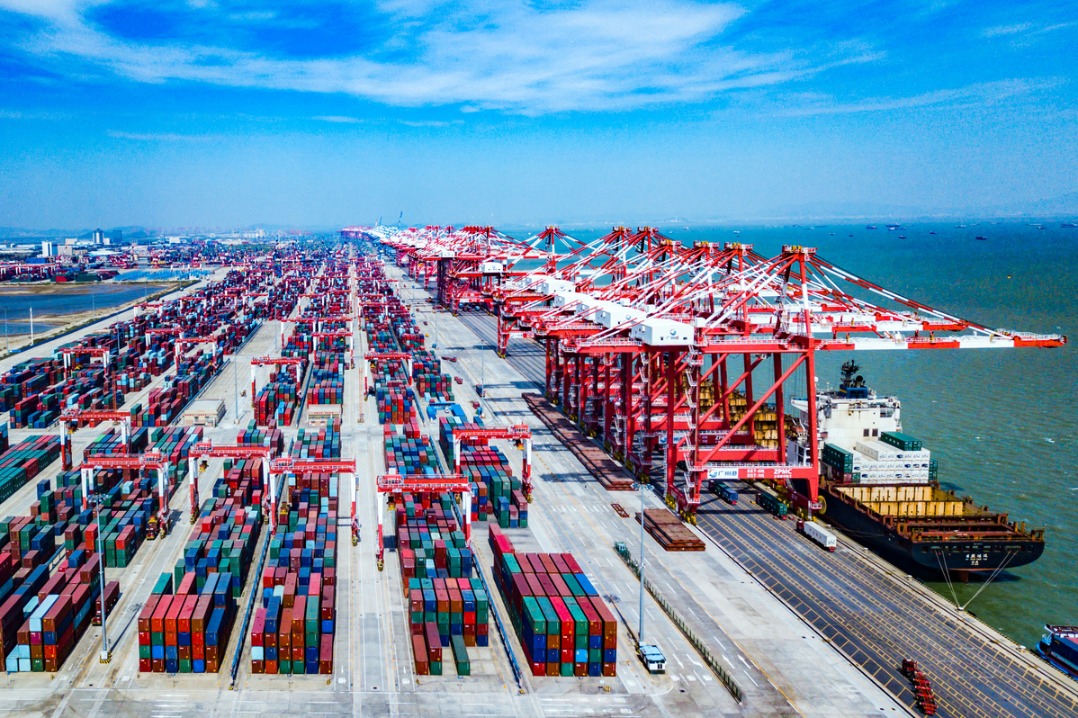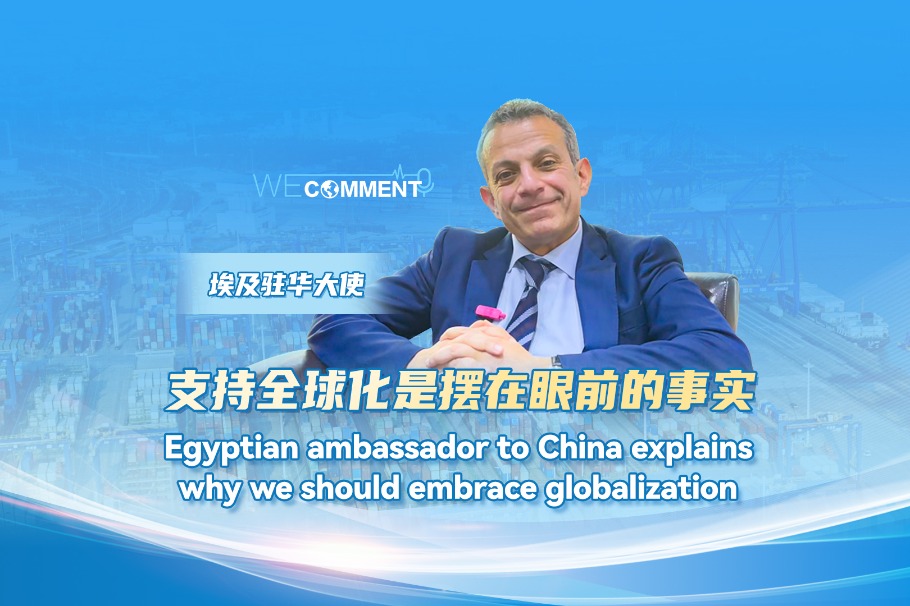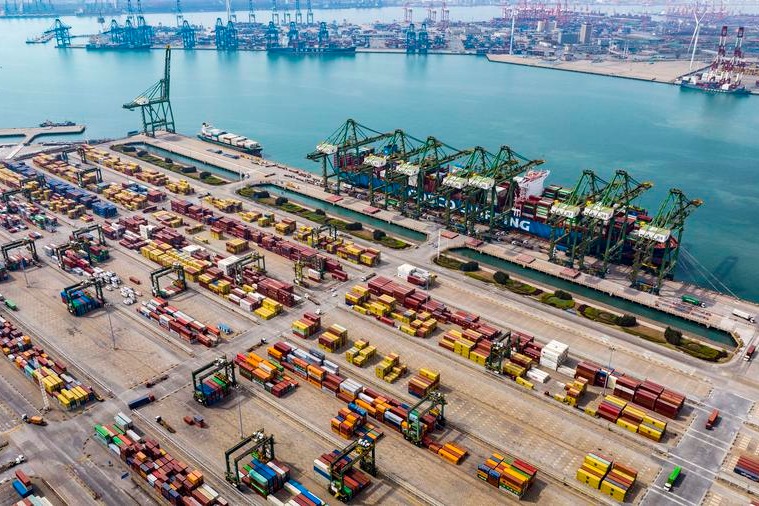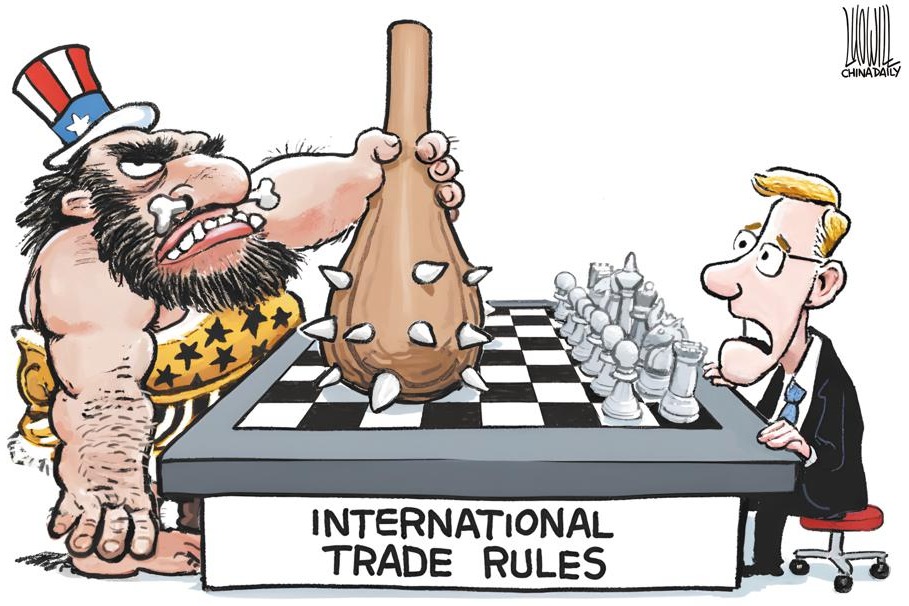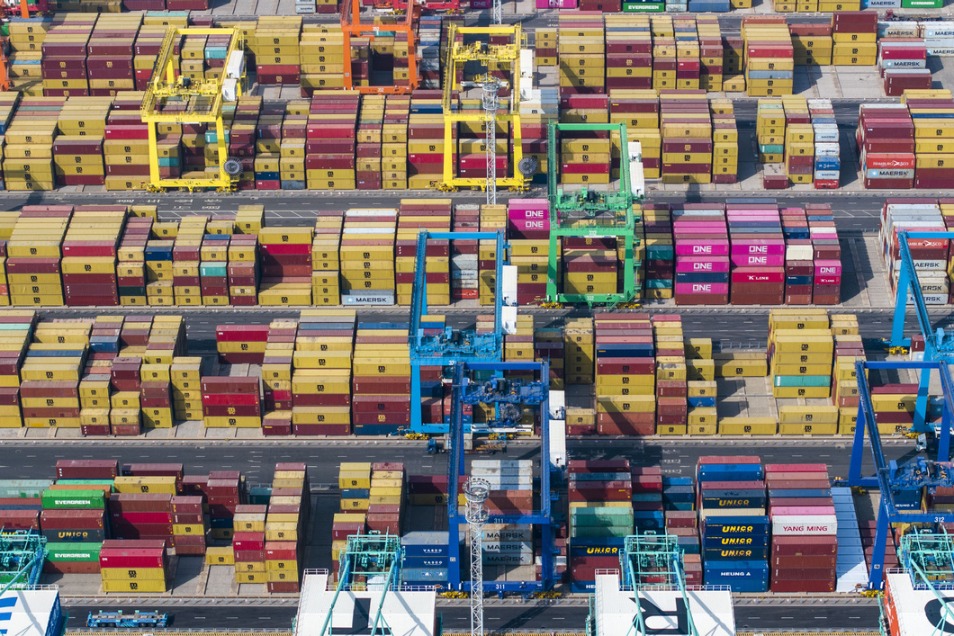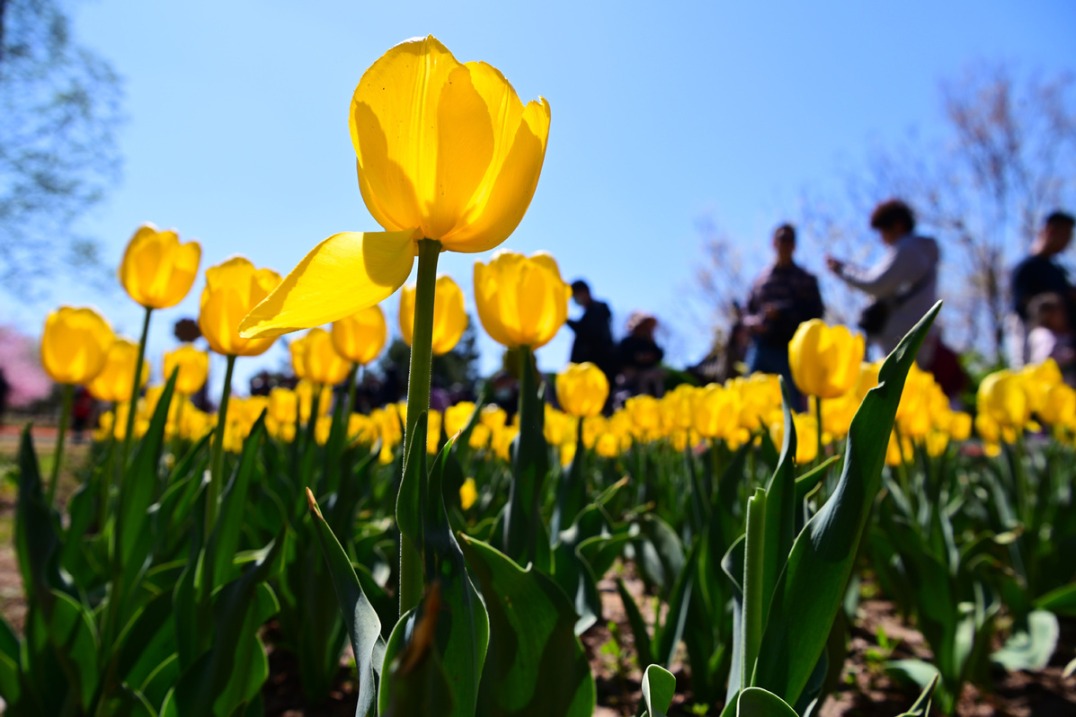Vance's misguided views on China weaken US influence


Anyone with even a basic understanding of European affairs would immediately recognize that James David Vance's recent speech in Munich revealed a deep ignorance of the continent's complex political and historical situation. His remarks were not only misinformed but also alarmingly superficial for someone holding such a high office. Yet, even more troubling was his most recent comment regarding Chinese people—a statement that added ignorance and a layer of toxic arrogance to his already troubling rhetoric.
In reducing the Chinese population to "peasants", Vance displayed a stunning lack of awareness and respect. Such a characterization is not only factually incorrect but deeply offensive. China is home to one of the most ancient and sophisticated civilizations in human history. To overlook this reality is to dismiss thousands of years of intellectual, cultural and scientific achievement. It is bad enough to ignore the richness of the Chinese society, but it is arguably worse to mislead one's own citizens about the true nature of one of the world's most dynamic and influential countries.
The American people deserve better. They deserve a leadership that is not only informed but also open-minded—capable of recognizing and engaging with the complexity of other societies, especially those that play a critical role in shaping the future of the global order. China, with its rapid technological advances, vibrant entrepreneurial spirit, and growing cultural influence, is not a monolithic or backward nation. Rather, it is a place of remarkable innovation and transformation. To paint it otherwise is a disservice not only to China but also to the American public.
Vance's words reveal a troubling pattern—a tendency to resort to stereotypes rather than confront the world as it actually is. Such behavior is not just unbecoming of a vice president; it is dangerous. In a time when international cooperation is more essential than ever, leaders must be bridge-builders, not flamethrowers. Mischaracterizing an entire people undermines diplomacy, sows division, and weakens America's position on the world stage.
Moreover, the implications of Vance's rhetoric go beyond international perception. By promoting such distorted views, he hampers the ability of the United States to maintain its leadership role in a rapidly changing world. The global balance of power is shifting. Emerging nations are asserting themselves with greater confidence, and the multipolar world is now a reality. In this environment, clinging to arrogance and outdated narratives is not a strategy—it's a liability.
History has shown that societies which fail to adapt, remain trapped in a mindset of superiority and condescension, ultimately fall behind. The Chinese renaissance, marked by remarkable advances in science, technology, education and infrastructure, will not be halted by the careless words of a single American politician. On the contrary, such remarks only serve to motivate and strengthen China's resolve to chart its own course and solidify its role as a global leader.
It is ironic, then, that in trying to diminish another nation, Vance may in fact be hastening the decline of his own influence. His statements reflect not strength, but insecurity—an inability to understand the present and prepare for the future. As time passes, the weaknesses in his character and the superficiality of his worldview become more evident.
America still has the potential to be a force for good in the world—a beacon of innovation, creativity and global partnership. But this will require leaders who are willing to engage with reality, who respect the dignity of all peoples, and who understand that influence is earned through wisdom and integrity, not arrogance and ignorance.
It is not China that is diminished by Vance's comments—it is Vance himself.
The author, a specialist in global affairs and sinology, is the founder of the China-Europe-America Global Initiative.
The views don't necessarily reflect those of China Daily's.
Contact the editor at editor@chinawatch.cn.
















